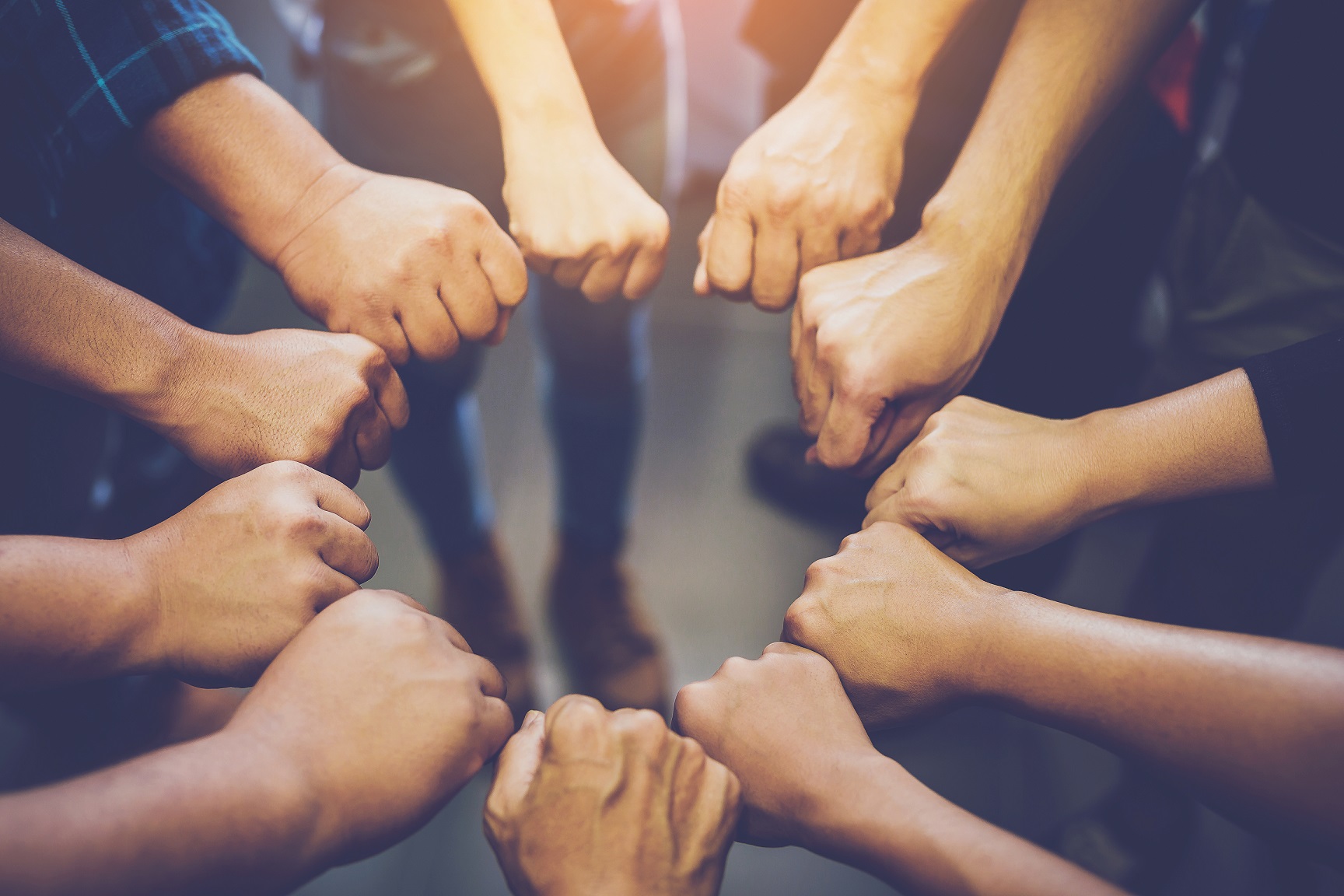There are dozens of different tools and resources to help keep yourself sober and happy, but 12 step meetings are among the best. 12 step meetings provide accountability, fellowship, and allows you to get feedback you won’t find anywhere else. Upon discharge from a drug treatment center committing to a 12 step meeting should be a top priority.
The good news is 12 step meetings can do a lot to keep you sober but the unfortunate news is that not everyone does all they can in 12 step meetings. It’s great to show up to regular 12 step meetings but it’s even better to fully participate for your well-being and sobriety.
One way you can step up your recovery game is by naming a home group and making commitments. Let’s figure out what a home group is, what commitments you can sign up for, and how they help your recovery.
What is a Home Group?
A 12 step home group is a meeting or block of meetings that recoverees designate as their ‘official’ meeting or group of meetings. A home group might be your Thursday 7 PM AA meeting or it could be any meeting at a certain location. The home group is where a recoveree accepts service responsibilities, meets sober supports, and traditionally where you find a sponsor though your sponsor does not have to be in your home group.
Benefits of a Home Group
Increased Accountability
At your home group you’re known, you’re expected to show up, and you’re expected to make progress in your recovery. Knowing that your home group is waiting and wants to see you succeed is an extra push of accountability to stay sober. You can’t get sober alone which is why a home group shares their triumphs and carries their challenges together, and why their accountability is a good thing.
Regularity
Structure like regular tasks and chores are extremely beneficial to sobriety. During active addiction, it can be tough to find any semblance of regularity or normalcy but after you put down the bottle or pills normal meetings or tasks help dash away idol time and overthinking. A regular homegroup gives you something to look forward to, something to keep your mind occupied, and a sense of normalcy.
Friendship and Fellowship
You can meet friends and take part in fellowship at any 12 step meetings, but you’re encouraged to build real friendships and lasting relationships in your home group. The home group is just that – your recovery ‘home.’ It’s one thing to regularly share at a 12 step meetings but it’s another to share at your home group where people understand exactly who you are, the unique obstacles you face, and what type of advice or encouragement will work best for you.
Finding a Home Group
How do you find a home group? There are plenty of ways to find a meeting, between the internet and booklets handed out at meetings. You don’t have to check numerous boxes to find a home group, it’s simply the meeting where you feel the most comfortable and more importantly is the most beneficial to your recovery. It can be your favorite AA meeting or an NA meeting where you learn the most. You don’t have to choose a home group right away but you should test out several options and different meetings until you find one that work’s best for you.
Quick Tips on Finding a Home Group
Look for something you can easily get to. It makes no sense to always get stuck in traffic or take a long drive to a meeting where you’ll show up frustrated.
Look for one or a few people that you share a connection with. It’s much easier to be honest and progress in your recovery when you’re comfortable with sharing.
Check out specialty groups. Any 12 step group or meeting can function as your home group but like anything else specialization can help your cause. There are gender-specific groups, young person’s groups, Spanish-speaking groups, and several others. Picking up a specialized group specific to you can get you better feedback and better progress through the steps and your recovery.
Finding a Sponsor
Sponsorship for 12 step meetings is not mandatory but it is highly encouraged. A sponsor is someone who has completed the 12 step program and can help lead others through their own journey. A sponsor provides insight, advice, and have been through the emotional pains of getting sober and completing the steps. Most will choose a sponsor for their home group due to the ease of communication and frequent meetings.
Service Work and Commitments
Your home group provides you with opportunities for service work and commitments to the group. This could include brewing the coffee before meetings, updating contact lists, collecting donations, and much more. Service work and commitments tie into the accountability benefits we learned about above.
You’re much more likely to show up to a recovery meeting if you know you’re supposed to put the chairs out and you’re much more likely to stay sober when you know things are expected of you. Alcoholics and addicts don’t typically like accountability and especially not chores, but service work and commitments work. Talk to the meeting chair about signing up for service work and commitments.
Feel at Home in Your Home Group
A homegroup with service commitments allows for increased accountability, lets you establish beneficial friendships and relationships, and gives you a home that can help direct you towards a happy, joyous, and free life. Try out a few different groups to find one you feel comfortable in and that allows you to make the biggest steps in your recovery.







